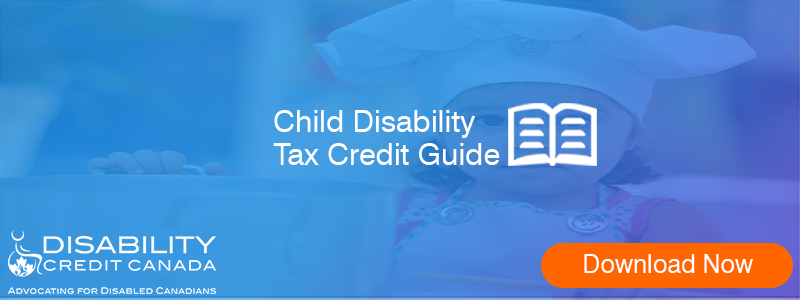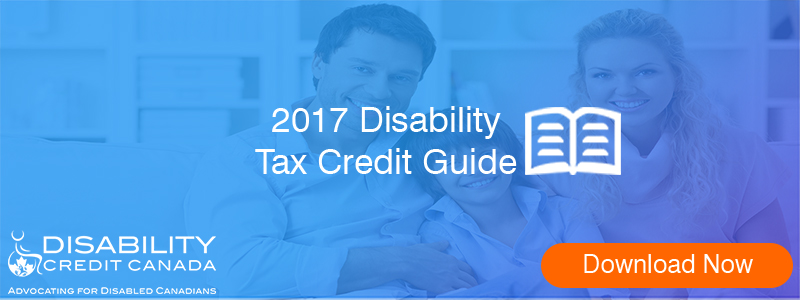Availability of Disability Tax Credits for Autistic Children
The uniqueness of each person with autism means that living with autistic children is a different experience for everyone. Times can often be stressful as you learn the best way to live with your beautiful child – which is why money should be the least of your worries. Thankfully, there are government programs and disability tax credits in place to aid you and your family financially when you’re living with an autistic child – you just need to know what to look for, where to find it, and of course who is eligible. This is why we put together a complete guide on Child Disability Tax Credit to help you find all the information you need in one place.
Living with Autism
Autism, or Autism Spectrum Disorder (ASD), are both terms for a set of complex brain disorders. Formally grouped into several categories such as autistic disorder and Asperger syndrome – the DSM-5 diagnostic manual recently merged all subcategories in May 2013, going now by the name of ASD, or simply ‘Autism’ for short.
Although there are several types of autism that vary widely from child to child, the consistencies with all types include intellectual disability, difficulties with regular motor skills, attention disorders and physical health issues including gastrointestinal disturbances. However, it is also very common for children and adults with autism to excel in art, mathematics, playing or composing music, and other visual skills.
It wasn’t long ago that doctors wouldn’t be able to tell you the first thing about how and where autism comes from, but research has come a long way. However, just as there is not one single type of autism, there is not one single cause of autism either. In fact, scientists have found several genes or mutations that lead to the disease – although it is often a combination of the high-risk genes and environmental factors.
But although scientists are making breakthroughs in finding out where autism comes from, prevention and cures are still some way off. In the meantime, it’s important that each family living with autistic children gets the support that they deserve.
Support and Disability Tax Credits
There are many support groups and online forums in which you can reach out for emotional support from others going through the same thing. However, disability tax credits offer a different type of support – they give you a small discount on life’s expenses, because rearing an autistic child can incur expenses not common to raising other children.
If you are eligible for the tax credit, you could receive up to $2,395 per year, or $199.58 per month.
Are You Eligible for the Disability Tax Credit?
These tax credits are aimed at families in which one or more of the children have a disability.
In order to be eligible for the Child Disability Benefit (CDB), the child must be first eligible for the Canada Child Tax Benefit (CCTB) which is a program geared towards helping all families care for children under the age of 18.
The CDB, or Disability Tax Credit, is not available for all children with disabilities, however autism is generally included. The government states that eligible children must have a disability which is severe and prolonged – continuous for a period of at least 12 months – which of course, is true for those affected by autism.
In order to apply for the Disability Tax Credit, a qualified practitioner must attest to the child’s disability on one of the forms to be submitted for review by the Canada Revenue Agency (CRA).
 When and How to Apply
When and How to Apply
If you do qualify for the tax credit, you must submit your forms along with (or before) your tax return. In order to avoid any delays in processing (especially if this is your first time submitting a tax credit request), you can send your forms to the CRA at any time during the year.
However, if you do not earn an income, you could also be eligible for the Registered Disability Savings Plan (RDSP). Any grants and loans that you may be eligible for in this regard would be dependent on the previous year’s earnings.
If you haven’t claimed your appropriate credits in previous years, don’t worry. You can claim your credits with the CRA up to two previous years with just a written request explaining what you’re claiming and why.
Registered Disability Savings Plan (RDSP)
The Registered Disability Savings Plan is an excellent way for friends and family to help build up a trust fund that will help support your child in future years. It’s quick to build, because the Government of Canada actually pays 300% of your own contributions up to a maximum of $3,500 per year, and you’re usually guaranteed a five percent return.
What does that mean? If you or your family and friends put in $1,000 each year, the government will add $3,000 for a total of $4,000 per year. If started at infancy, that could amount to $80,000 (plus 5% return) by the time your child is just 20 years old – an excellent foundation on which to build their life.
Up until the age of 40, the government will match your deposits in this manner which is an excellent way to save quickly. The only catch, is that the account must have no further contributions for eight years before a withdrawal can be made.
Tax Credits by Province
Potential financial support can vary by the province which is why it’s important to fully look into the programmes available in your area. If you’re unsure of what is available to you, be sure to contact a professional accountant – ideally one who specialises in these particular types of cases.
Living with your child’s disabilities should not seem like a burden, and if you do your research you will find that the Government of Canada has several programmes in place that could aid you and your child in living a life with less stress. Let’s face it – life will always be stressful, but by hiring an accountant to help you get the most out of your Government programmes – you could be saving not only a lot of money – but your sanity too.
To learn more about Autism visit Autism Society Canada
